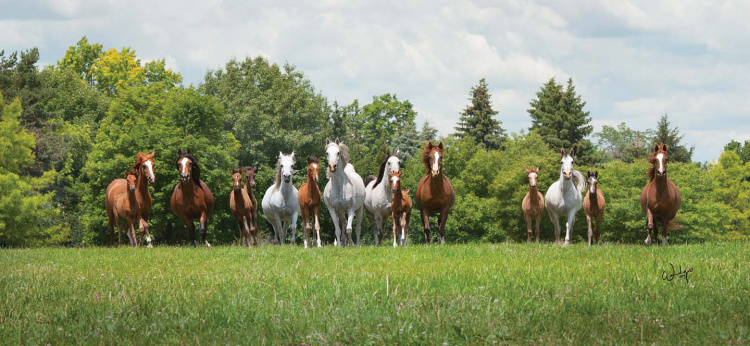Home > Michigan > Michigan Farm to Table > MSU Farms Obtain MAEAP Verification
MSU Farms Obtain MAEAP Verification
In partnership with: Michigan Department of Agriculture & Rural Development
Whether it’s academics or athletics, Michigan State University (MSU) aspires to the highest standard, and now, all of the university’s farms are doing the same by being MAEAP verified.
The Michigan Agriculture Environmental Assurance Program, or MAEAP, is a proactive program that helps farms of all sizes and types voluntarily prevent or minimize agricultural pollution risk.
The program was started in 1998, and farms that choose to participate in MAEAP are visited by a technician who assesses the farm and helps develop a plan to improve or sustain several aspects of the farm. Farms can achieve verification in one or more systems – farmstead, cropping, livestock, and the newly developed forest, wetlands and habitat. Once completed, MAEAP verification is good for five years.
See more: MAEAP Program Helps Michigan Farmers Protect Their Land

Setting an Example
Robert West is the general manager for MSU’s livestock farms, of which seven are dedicated just to livestock. The campus has several other farms across all sectors of agriculture.
West says the MAEAP verification was a beneficial process and helps set an example for other Michigan farmers throughout the state.
“It shows farmers the right way to do things, but not necessarily going above and beyond,” he says. “I think if MSU goes above and beyond, it sets the precedent that everyone should. We’re showing how to live up to the standard.”
He adds that MAEAP works great for all types of farmers, because it’s set for each individual farm and it doesn’t ask you to change anything beyond your control.
“You could have a livestock farm with 30 head or 30,000 head, and they’ll tailor it to you,” West says.
See more: Women Advance Michigan Agriculture
West also says most of the farms at MSU were already prioritizing the environment, but MAEAP helps keep them accountable. For the livestock operations, they’re required to keep areas of blacktop clean, have the necessary fuel containment systems, and make sure that manure storage, stormwater runoff and structures are sited properly.
For more on the MAEAP program and how to become verified, visit maeap.org.



